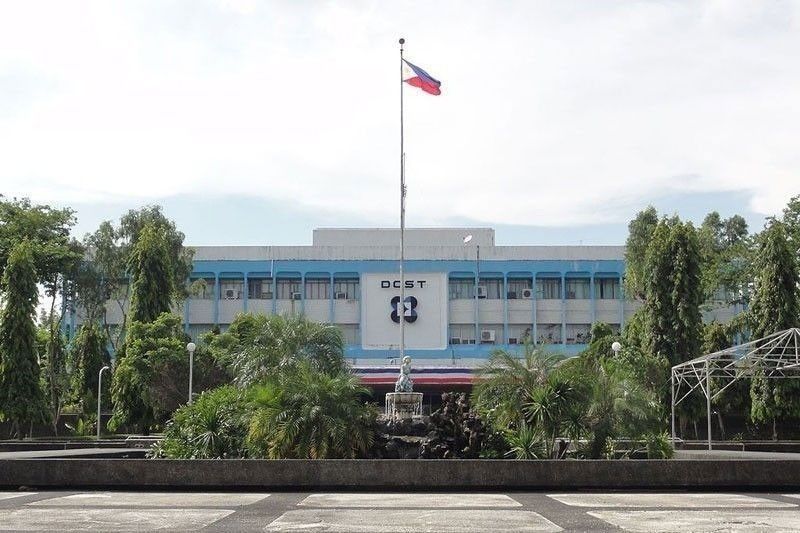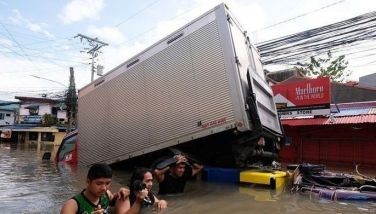Shift to nuclear energy faces legal roadblocks – expert

MANILA, Philippines — Many legislative challenges lie ahead before the Philippines can start building and eventually operate its own nuclear power plant to provide more affordable electricity to Filipinos, the country’s nuclear science chief said.
Geologist Carlo Arcilla, director of the Department of Science and Technology-Philippine Nuclear Research Institute, said the agency has to be either turned into an independent regulatory commission or kept as a nuclear science research and development institute while a separate agency is created to provide a proper environment for nuclear power plant regulation.
“There will be laws affected by this,” Arcilla told “The Chiefs” on One News in an interview Thursday night. “There will be legislative challenges that have to be ironed out as we move forward.”
Arcilla recalled that in the late 1980s when former president Cory Aquino ordered the mothballing of the Bataan Nuclear Power Plant, the now defunct Philippine Atomic Energy Commission served as regulator of the BNPP.
However, Arcilla said the issuance of Executive Order 164 signed by President Duterte was an important development.
Arcilla said EO 164 was the first of “18 milestones” laid down by the International Atomic Energy Agency (IAEA) for countries to take as they move toward adopting nuclear power for their energy needs.
“Any country that wants to go nuclear should take advantage of the combined best practices developed in the past 60 years of nuclear energy compiled by the IAEA,” Arcilla said. “And that first milestone they recommend is a national policy. That’s exactly what the EO is.”
He pointed out the EO is just the gate which says the Philippines is considering nuclear energy.
“But then you have to contend with 18 milestones, primarily most of them are directed to safety,” Arcilla said. “So there’s still going to be a long series of steps.” – Helen Flores
- Latest
- Trending































